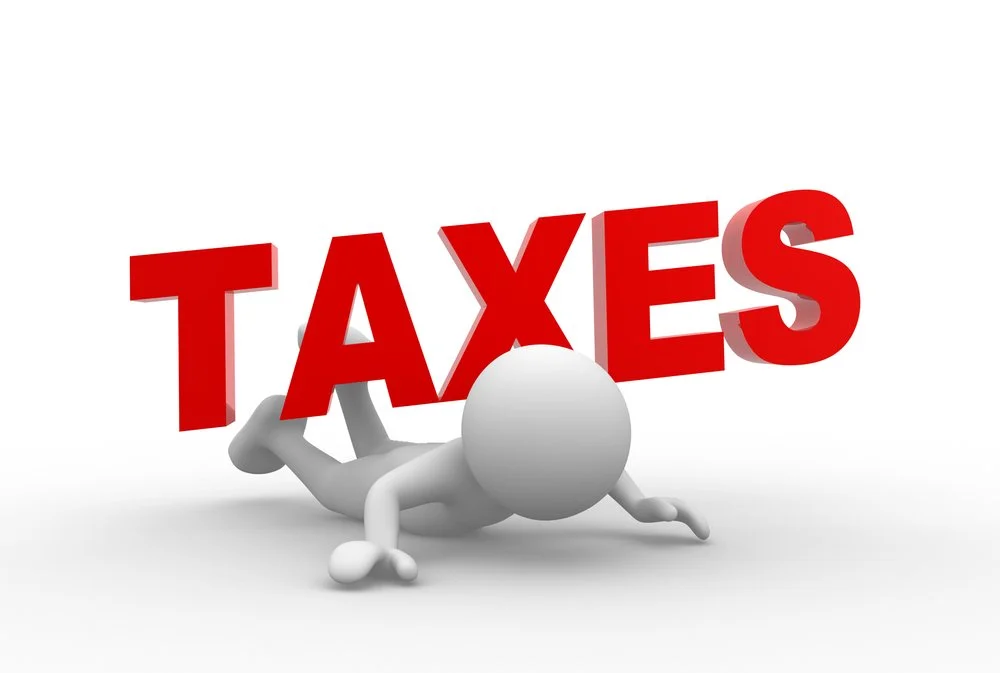Ekuru Aukot, Thirdway Alliance Party leader says that the heavy taxation by the current government is causing Kenyans to be more poor than they were.

He was speaking on how the high taxation is affecting businesses, enterprises and the ‘mama mboga’. According to him, the taxation system is killing enterprises and forcing businesses to close down.
Because of the closure of businesses and the death of multiple enterprises, many Kenyans are losing out on a livelihood. Consequently, multiple Kenyans are unable to have food on the table and care for their basic needs. According to him, the new taxation levels are causing anger among the citizens which is a bad thing.
“Raising heavy taxes is wrong. It is killing enterprises, making Kenyans poor, collapsing businesses, and generating stress and anger among Kenyans,” Aukot said.
Furthermore, he mentioned that due to the current situation, the basic irreducible minimum principles are missing in the country’s governance. As a result, it is exposing many faults that exist within the Kenya’s economic governance.
” We need debt restructuring, tax cuts, targeted subsidies, cut down on wastage, reduce the size of the government to a small efficient size, and stop the outflow of resources on foreign trips,” he mentioned.
The reason for the increased taxation is to increase the revenue collected by the country. This may however, not happen due to the increased number of unemployed people and the difficulty in purchasing even the basic items. Furthermore, with businesses closing and companies opting to invest elsewhere, revenue ought to reduce in the end.
How High Taxes Affect People
Among the taxes introduced by the current government, is the increased VAT on petroleum products from the initial 8 percent. This has led to industries that run on fuel to either cut down on the products produced, or to increase the cost of the product. Consequently, less people purchase the products due to their high cost, and the company doesn’t make profit or revenue. Without revenue, there is no money to pay off salaries to the workers. This either leads to delayed payment or reduced workforce. Either way, increases unemployment and without an income, people become poorer.
Another impact on increased cost of fuel is that the cost of public transport has also increased. This means that the income a common citizen was getting, has to be modified to cater for the fare increment. This means that they have to either cut costs on a few luxuries, or cut on some expenses. These expenses may include, payment of school fees, which is higher due to the removal of subsidies from levels of education including university education. Other expenses may be food, which is more costly than ever, electricity, which keeps on increasing in price and also water.
In addition to the high cost of fuel, food and other basic needs, there has been an increase in cuts from salaries. This includes the 1.5 percent housing levy being deducted from every employee. Without a salary increment, this means that there is an additional deduction that wasn’t accounted for at the beginning.
With all these expenses, people can no longer afford to live in the country. It has led to Kenyans being frustrated, closing down businesses because they have become unsustainable, companies laying off employees, graduates not getting internships and many earning less than they did.
Subscribe to Switch TV
How High Taxes Harm the Government
Despite Kenyans suffering from the high cost of living, the government is equally losing out and enduring consequences. Part of the reason for the taxation is to increase revenue collection for the state. This may however, not be possible with the current living conditions.
More Kenyans are opting to sell off their vehicles as they cannot keep up with high fuel costs. They are opting for public transportation, which is reducing fuel consumption and hence reducing revenue to be collected by the government.
Aside from that, companies are opting to invest in other countries. With investment landing in other countries, less jobs are created locally, more people are unemployed and the people living below the poverty line increases.
The state also increased the prices of Maasai Mara National Park entry, among other park entry fees. These have been revenue collection points due to the consistent need to travel and tour the area. With the increased cost of entry, local tourism has taken a backseat, and there is even less revenue from these sites.
High taxes are not only harming Kenyans, but also the government itself. Instead of increasing revenue collection, it is reducing the possibility of maximising on revenue.
Ekuru Aukot offered a solution that would work to help repay the debts and still not burden thecitizens.
Read Also: List of products whose prices will rise in July following an increase in taxes
















